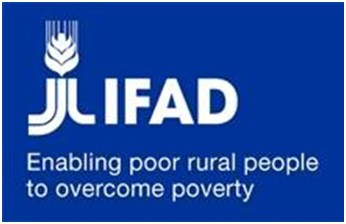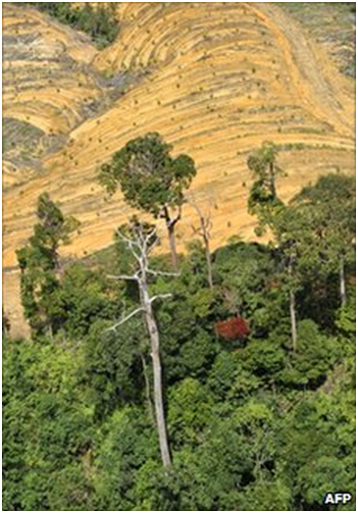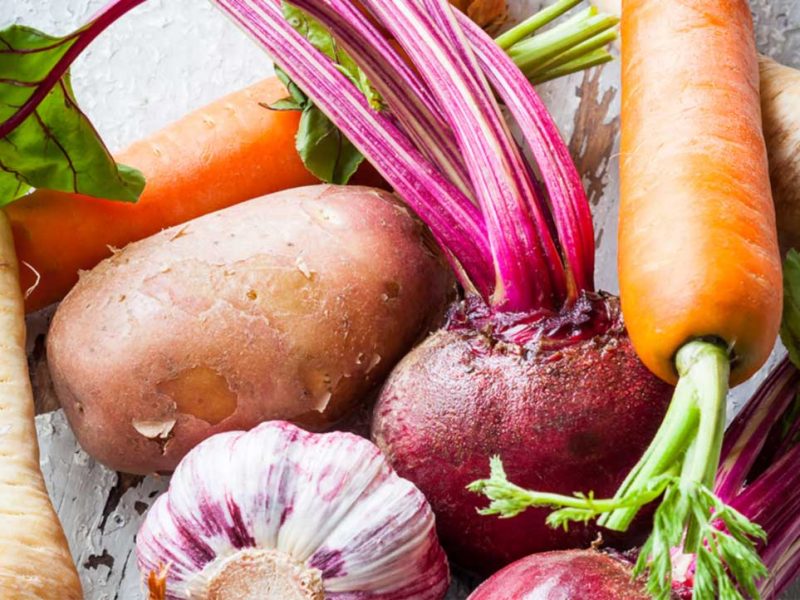Family farming and Agribusiness are key to poverty reduction in Africa, says UN rural development agency
Rome, 12 May 2014 – The International Fund for Agricultural Development (IFAD) and the Government of the Democratic Republic of Congo are holding a forum for West and Central Africa from 13 to 16 May in Kinshasa, the capital of the Democratic Republic of Congo, to review lessons learned from IFAD-funded projects in the region.
Agriculture and Rural Development Minister Jean Chrisostome Vahamwiti Mukesyayira of the Democratic Republic of Congo will speak at the opening of the four-day conference, along with IFAD’s regional director for West and Central Africa, Ides de Willebois.
“The Ministry of Agriculture and Rural Development has organized and set the agenda for this forum, showing how Africa’s governments are taking the lead in efforts to accelerate rural development and expand food production throughout the region,” de Willebois said.
The workshop is attracting more than 200 participants, including government officials, representatives of other United Nations agencies and bilateral development institutions, as well as members of the private sector and civil society groups and partners from IFAD-funded projects in the region.
In keeping with the United Nations’ designation of 2014 as the International Year of Family Farming, and the African Union declaring 2014 as the Year of Agriculture and Food Security, the forum will address a fundamental aspect of the transformation of rural societies which is the integration of family farming and agro-industrial development in order to boost agricultural productivity, increase the incomes of farmers, women as well as men, create jobs for rural young people, assure regular supplies of food to urban centres and ultimately stimulate local economies.
“We have seen the statistics that show productivity for basic grains has almost flat-lined in sub-Saharan Africa, averaging around one ton per hectare for many years now, “de Willebois added.
“With our focus on small family farms as well as larger and agroindustrial enterprises, we are trying to eliminate production and credit and marketing bottlenecks and boost that productivity. Agriculture even on a small scale should be treated not as an activity that is purely for survival, but as a business, and as the key to improving rural incomes and job opportunities, especially for women and youth.”
Before the forum, the West and Central Africa Division of IFAD sponsored a two-day workshop on the theme “Targeting, gender and youth inclusion” in Kinshasa from 10 to 11 May to help gender focal points develop a capacity to improve the poverty-reducing performances of their projects by using methodologies and analytical tools that focus on targeting, gender and youth inclusion.
Since its founding in 1977, IFAD has supported national efforts to improve the lives of family farmers in Africa and elsewhere in the developing world. As of December 2013, IFAD has 58 ongoing programmes and projects in 23 countries in West and Central Africa, representing US$1.2 billion of IFAD financing, for the direct benefit of more than 7 million people, 32 percent are women.
Since 1980, IFAD has financed seven projects in the Democratic Republic of Congo for a total of US$270.3 million, including US$151.4 million from IFAD’s own resources, for the direct benefit of nearly half a million Congolese households, by IFAD estimates.
Stay with Sierra Express Media, for your trusted place in news!
© 2014, https:. All rights reserved.






